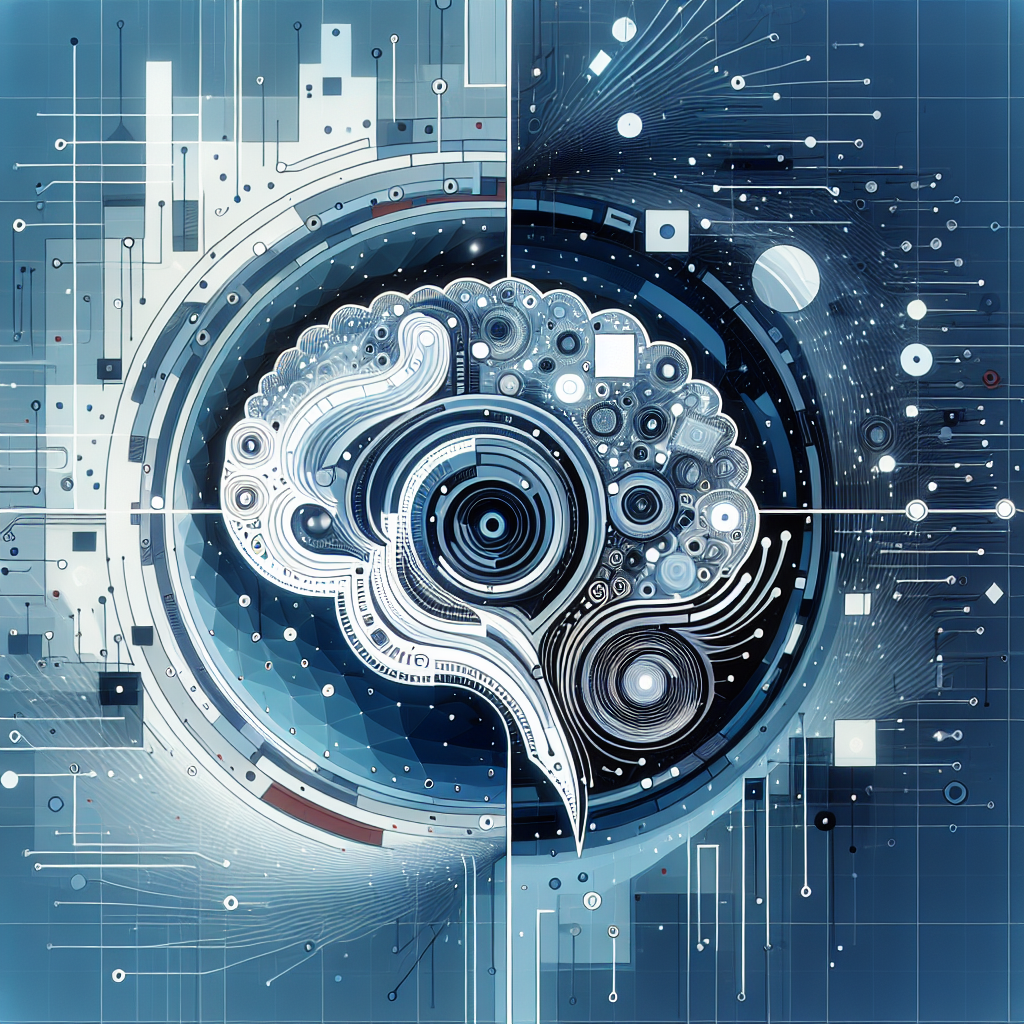Artificial General Intelligence (AGI) is a term used to describe the hypothetical ability of a machine to perform any intellectual task that a human can do. While we are currently able to create machines that can perform specific tasks better than humans, such as playing chess or recognizing patterns in data, we have not yet achieved AGI. The development of AGI has the potential to revolutionize many aspects of society, from healthcare to transportation to education. However, it also raises ethical and philosophical questions about the nature of consciousness and the role of humans in a world dominated by intelligent machines.
The Human Mind and AGI: A Comparison
The human mind is a complex and mysterious entity, capable of processing vast amounts of information, making decisions, and learning from experience. The brain is made up of billions of neurons that communicate with each other through electrical and chemical signals. This network of neurons forms the basis of our thoughts, emotions, and behaviors. While scientists have made great strides in understanding how the brain works, there is still much that remains unknown about the intricacies of human cognition.
In contrast, AGI would be a machine that is capable of performing any intellectual task that a human can do. This would require the machine to have a wide range of cognitive abilities, such as perception, reasoning, decision-making, and learning. While current AI systems can excel at specific tasks, they lack the flexibility and adaptability of the human mind. AGI would be able to learn new tasks quickly, generalize knowledge across different domains, and reason in a way that is similar to human thought processes.
Exploring the Potential of AGI
The development of AGI has the potential to revolutionize many aspects of society. In healthcare, AGI could be used to analyze medical imaging data, diagnose diseases, and personalize treatment plans for patients. In transportation, AGI could be used to improve the safety and efficiency of autonomous vehicles. In education, AGI could be used to personalize learning experiences for students, helping them to reach their full potential.
However, the development of AGI also raises ethical and philosophical questions. How will society ensure that AGI is used for the benefit of all people, rather than being controlled by a small group of individuals or corporations? How will we ensure that AGI respects human values and rights? How will we address the potential for AGI to outperform humans in many tasks, leading to widespread unemployment and social upheaval?
FAQs about AGI
Q: When will AGI be developed?
A: It is difficult to predict when AGI will be developed, as it is a complex and challenging goal. Some experts believe that AGI could be achieved within the next few decades, while others believe that it is still many years away.
Q: Will AGI be conscious?
A: The question of whether AGI will be conscious is a hotly debated topic. Some experts believe that consciousness is a necessary component of intelligence, while others argue that it is possible to create intelligent machines that are not conscious.
Q: What are the risks of AGI?
A: There are many potential risks associated with the development of AGI, including job displacement, loss of privacy, and the potential for AGI to be used for malicious purposes. It is important for society to carefully consider these risks and develop policies to mitigate them.
Q: How can we ensure that AGI is developed ethically?
A: Ensuring that AGI is developed ethically will require collaboration between scientists, policymakers, and the public. It will be important to establish guidelines for the responsible development and use of AGI, as well as mechanisms for oversight and accountability.
In conclusion, the development of AGI has the potential to revolutionize many aspects of society, from healthcare to transportation to education. While there are many challenges and risks associated with the development of AGI, it is important for society to carefully consider these issues and work together to ensure that AGI is developed in a responsible and ethical manner. By exploring the potential of AGI and addressing the questions and concerns surrounding its development, we can harness the power of intelligent machines to create a better future for all.

